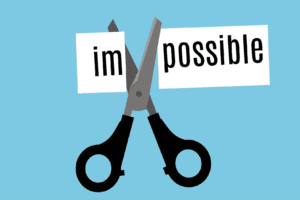Possibility and Probability

There are a number of different modals which can be used to express possibility and certainty. Have a read of the rules for each below before trying the following exercise by filling the gaps with the correct modal in its correct form.
For more detailed input and practice on this subject, make sure you also complete our lesson on Modals of Deduction which covers the ground in more detail and includes useful tips on pronunciation.
Will is used to show that the speaker is certain that something will be true in the future. For example:
You should come to the party. I’m sure you will enjoy it.
It can also be used to say that you are certain about something being true in the present. For example:
Can you answer the phone. It‘ll be Sarah as she sais she was going to call at this time.
Must is used for speculation to say that you are sure about something. However, there is a very small chance that it is not true. For example:
You must be freezing in that outfit. It’s below zero – why didn’t you wear a coat?
When talking about the past, we use the form must + have + past participle. For example:
The passengers must have been terrified before the plane crashed.
We can use might / may / could to say that something is possible but we are not certain. For example:
It might / may / could be very cold when we arrive at the airport so I’m going to bring a coat on the plane.
That might / may / could be Bob on the phone. Can you answer it?
It might / may / could have been Lucy that we saw across the road but I’m not sure.
We can also use might + infinitive to express what was typically the case in the past but this is considered to be formal or for literary use. For example:
When my grandparents were kids, they might be hit at school for misbehaviour.
Can is used to talk about general possibilities – something which is always possible but not always the case. For example:
It’s usually quite warm in September but temperatures can also drop quite significantly at that time of year.
We use the negative can’t to say that something is impossible. Couldn’t is also used for the past: For example:
You can’t be hungry. You’ve just eaten!
It can’t / couldn’t have been Martin you saw in Oxford. He’s away in Australia at the moment.
Should is used to express the idea that the speaker is certain of something, provided that nothing out of the ordinary occurs. For example:
You should get the promotion as you’ve worked so hard and they are very happy with your work.
My husband should be on his way home now as he always finishes by this time.